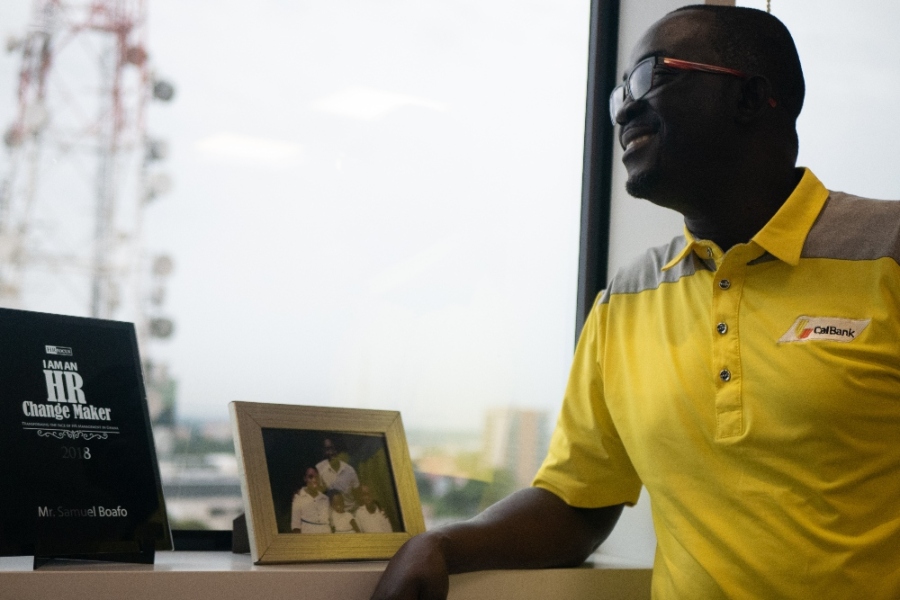Students must be prepared for the job market
In this blog, Samuel K. Boafo, Head of Human Resource at Cal Bank shares tips on preparing students for the job market.

On an annual basis at Cal Bank over 170 young people are selected to complete their Ghanaian National Service at the bank, which is a paid government scheme training new graduates with skills and providing them with experience in the workplace. Afterward, each graduate is assessed in an interview process to determine if they have acquired the competency skills needed.
Collaborations like these are what prepare people and make them successful. If these routes are followed, students can be prepared for the job market once they graduate.
However, this guidance is important at all education levels. I have worked with elementary schools to give career guidance and offer placements relevant to future career paths shaping understanding and giving practical experience. When industry engages with students in these ways, we feel it benefits both industry and the students involved.
The earlier young people have access to business via internships or placements the better, giving students an idea of how business operates and the skills they need to become successful in their chosen industry, whether it be a small and medium-sized enterprise (SME) or a larger organisation. Africa needs more commitment from industry to offer internships and placement, and academia needs to seek them out.
I know that students believe their lecturers should have industry experience in order to teach them both the practical and theoretical approaches to their subjects, offering them valuable insight with case-studies from their personal experience, which is something I agree with. However new university rules requiring academics to have a PhD before being able to teach prevent champions of industry, with decades of experience from teaching students, creating unnecessary barriers.
I believe it might be preferable to industry if students gained specific job-related certification rather than degrees, especially as certification is more often taught by industry practitioners, such as myself, rather than academics.

Samuel's story also features in our Impact Report.